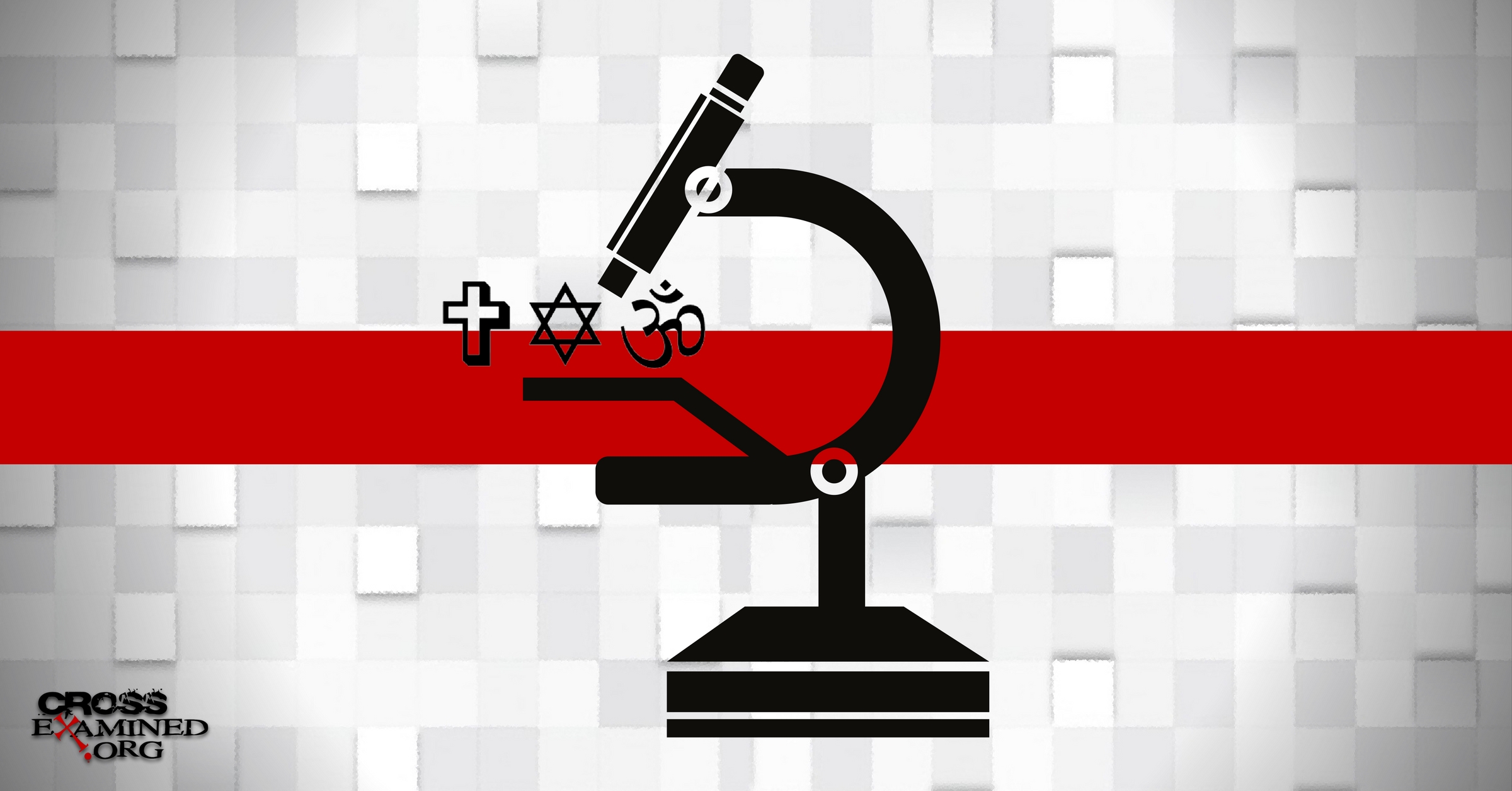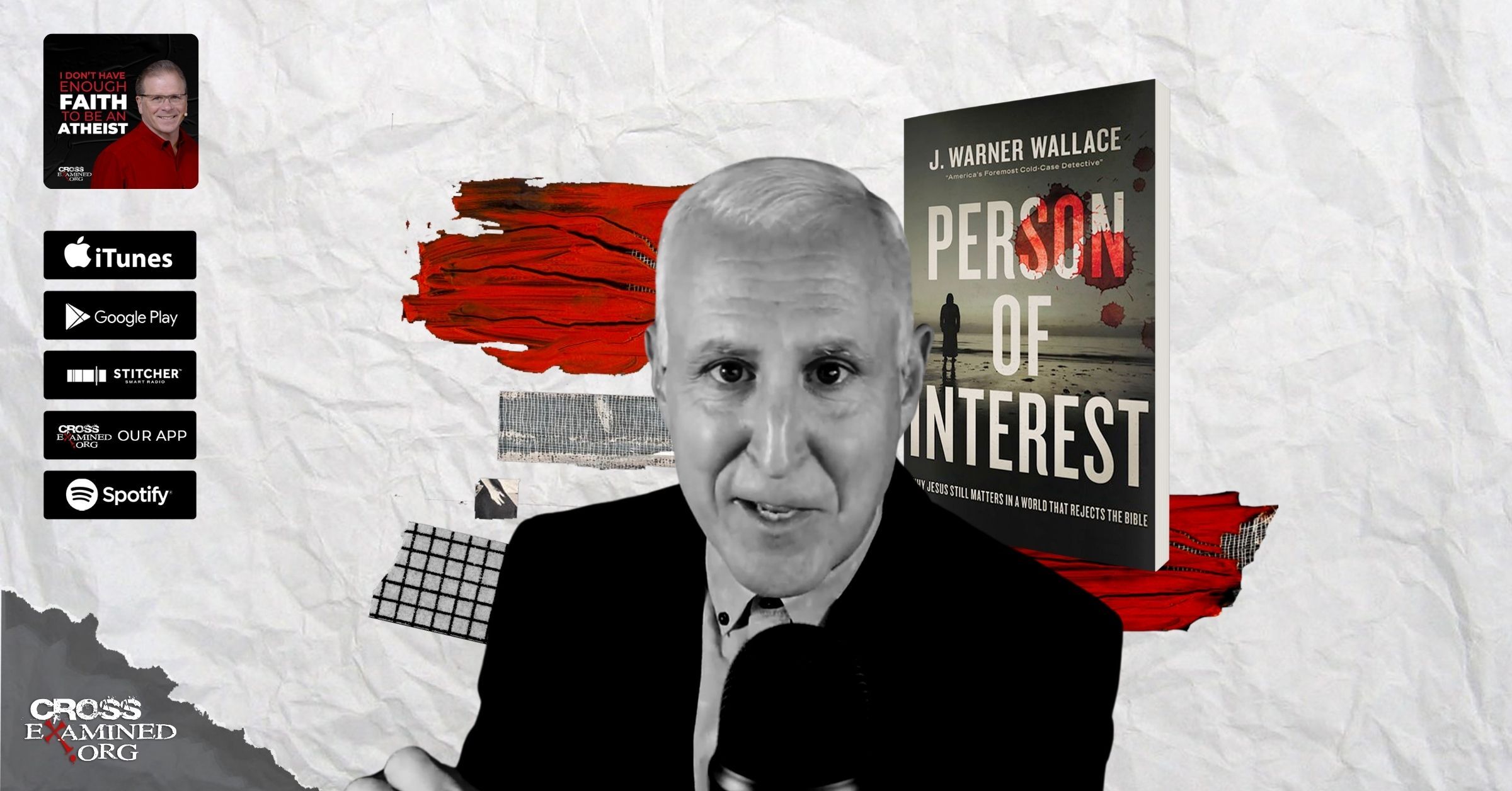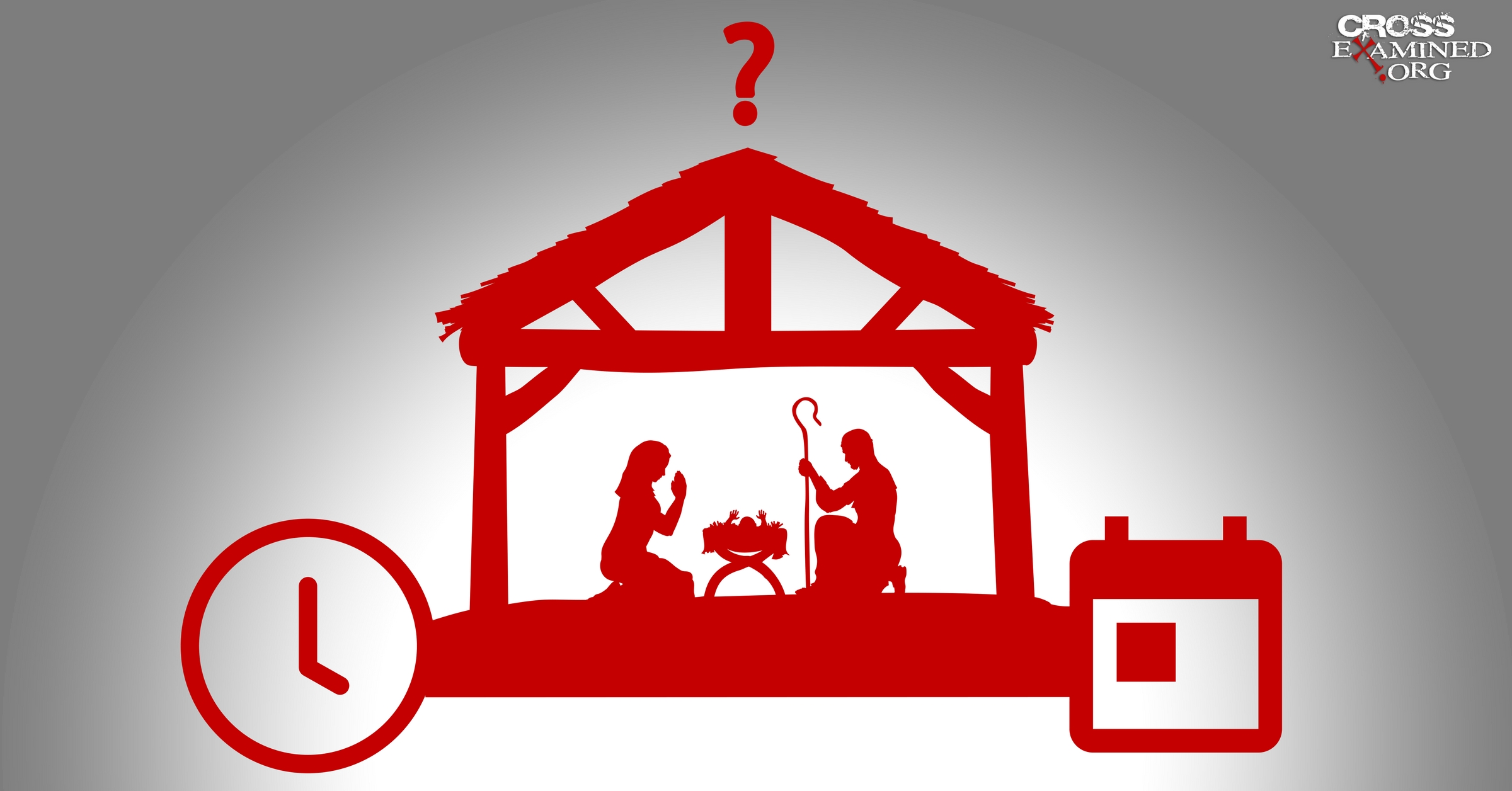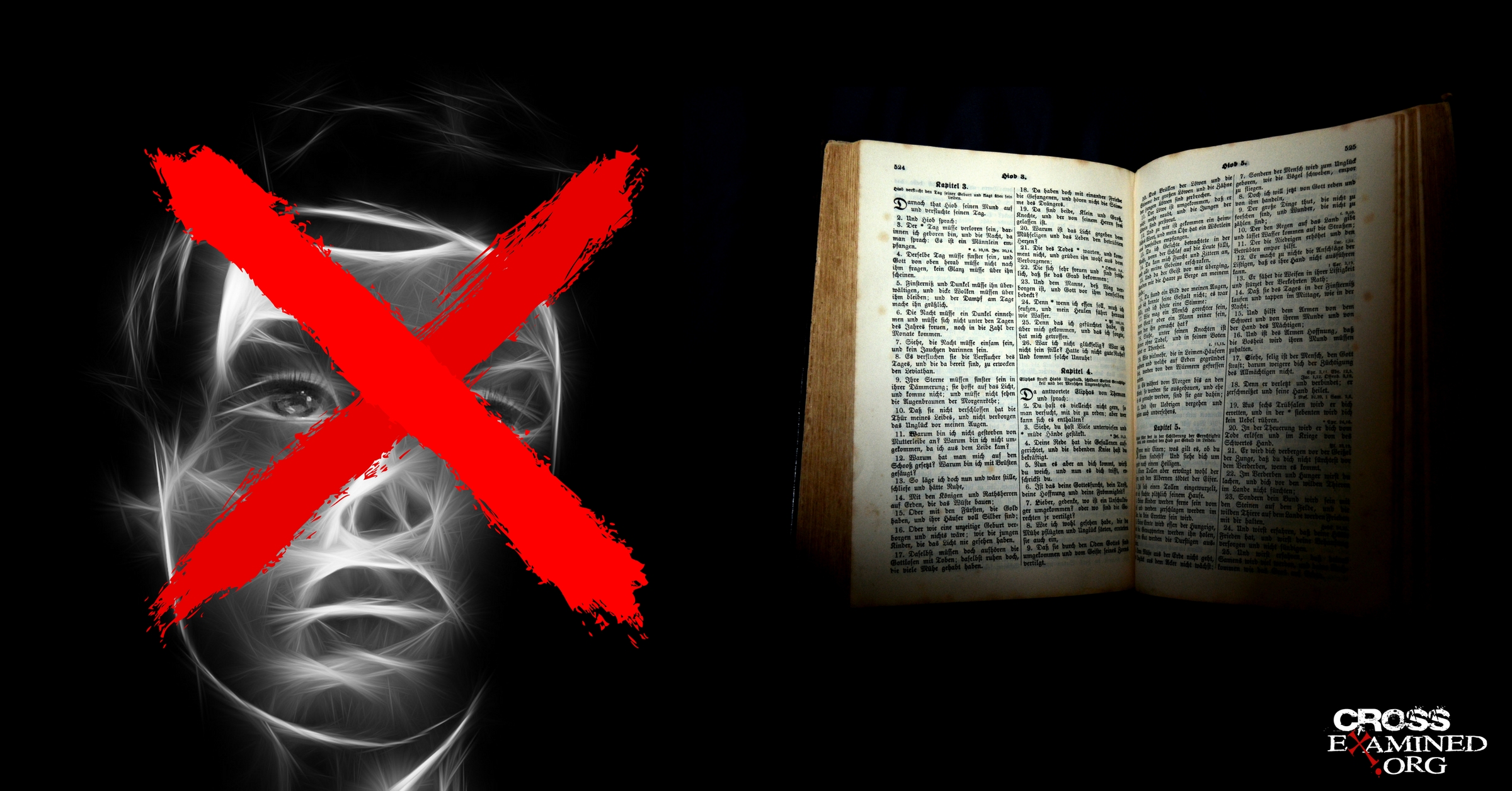Can Religion Be Tested for Truth?
By Luke Nix
Most of the time, I’m not too fond of using the term “religion”. I normally prefer to use “worldview” because it is more clear about what all a belief-system entails. However, for this post, I will use the term common for the question posed in the title: Can religion be tested for truth?
Many years ago, I would not have even thought to ask if religion can be tested for truth. I never thought much about it, because the obvious answer to me seemed to be “Yes”. Apparently, though, many people are questioning whether religion can be tested for truth today. Some even say that religion can’t be tested, thus such a term as “true religion” is an oxymoron. A common slogan that I hear is, “You can’t put God in a test tube”. I thought that I might take a few minutes to break this down and form some kind of defense for the idea that religion can be tested.
Just to get us started, I want to give a basic definition of “religion”. I want to go with “a series of beliefs and practices”. If we further define “beliefs”, we find that beliefs are a series of propositions about reality that one trusts accurately reflect reality. If someone were to say, “I believe A”, they are saying that they trust that A accurately reflects reality.
Some people have stated to me that a person can have a religion that has nothing to do with reality. I beg to differ. If a necessary part of religion is a trust that a proposition accurately reflects reality (belief), then religion must have something to do with reality. What’s really great about most religions of the world is that they tend to not just make claims about how we should live (practice), but they make claims about reality- propositions that are claimed to accurately reflect our world. This makes it quite easy to test the religions of the world for truth.
It seems to me, though, that people have forgotten that “religion” includes beliefs. They tend to think that “religion” is merely a series of practices or routines. In this context, the claim that religion cannot be tested for truth makes a little bit more sense…but not much. No, practices don’t have a direct “truth value”, but they do have a “moral value”, and “moral value” is determined by propositions about reality being true. The “truth value” of practices are indirect, but that is not to minimize their “truth value”. The “direct” vs. “indirect” distinction comes into play when we are trying to figure out the “truth value”. For beliefs, the “truth value” can be found directly by testing it against reality. To find the “truth value” of a practice, we must test the “truth value” of the beliefs that necessarily lead to the practice.
A while back, I wrote an article about right beliefs being required before right action (practices) can be performed (here). However, I think that I would have to adjust and nuance that position a bit. If one does not have the true beliefs, they can still perform right actions. However, I would say that right action is useless without right intention (which is derived also indirectly, from beliefs). Notice that I did not say that it is “wrong”, just “useless”. Of course, “useless” implies a purpose. So, if a religion posited no purpose, then practices could be neither useless nor useful- they would just “be”. Whether or not actions possess a “use value” depends upon purpose existing (a proposition that contains truth value), and that can be derived by testing the truth values of propositions of a religion that claims purpose does, in fact, exist.
That purpose exists, is not enough, though. We would need to determine what the purpose actually is before we could determine right intention, which would lead to useful action. Not only must an action be right, but it must also be useful to possess a positive truth value. It is possible to have a right action that is useless to the purpose.
In order for us to know that our actions are the true actions that we should be performing, we need to know if the basis of those actions accurately reflect reality. We can know if the bases are true by testing them against reality. If our bases (beliefs) do not accurately reflect reality, then we must adjust them to accurately reflect reality. When we have accurate beliefs that inform accurate practices, then we have an indication of the true or correct religion.
Any religion that makes claims about reality is subject to being tested. Whatever is responsible for this universe has (un?)wittingly handed itself to humanity in a test tube. If what is responsible for the universe is an intelligent Being, then It has given us the tools to discover It. We can even test the identity of the intelligent Being if different religions claim different things about the creation (reality) created by its intelligent Being. If there is no intelligent Being responsible for the universe, that is testable also. We just need to gather the claims about reality from the different religions and put them to the test.
Check out this post from Bill Pratt: Can Science Test for the Supernatural?*
This post from J.W. Wartick: Can We Evaluate Worldview? How to Navigate the Sea of Ideas
And this post from Wintery Knight: Ground Zero: Why truth matters for preventing another 9/11-style attack
Other Related Posts
Can You Trust Your Senses and Reasoning?
Great Websites For Testing Christianity Against Reality
Notes
*Thanks to Greg West at The Poached Egg for finding this article.
Original Blog Source: http://bit.ly/2iCZxmL












Leave a Reply
Want to join the discussion?Feel free to contribute!